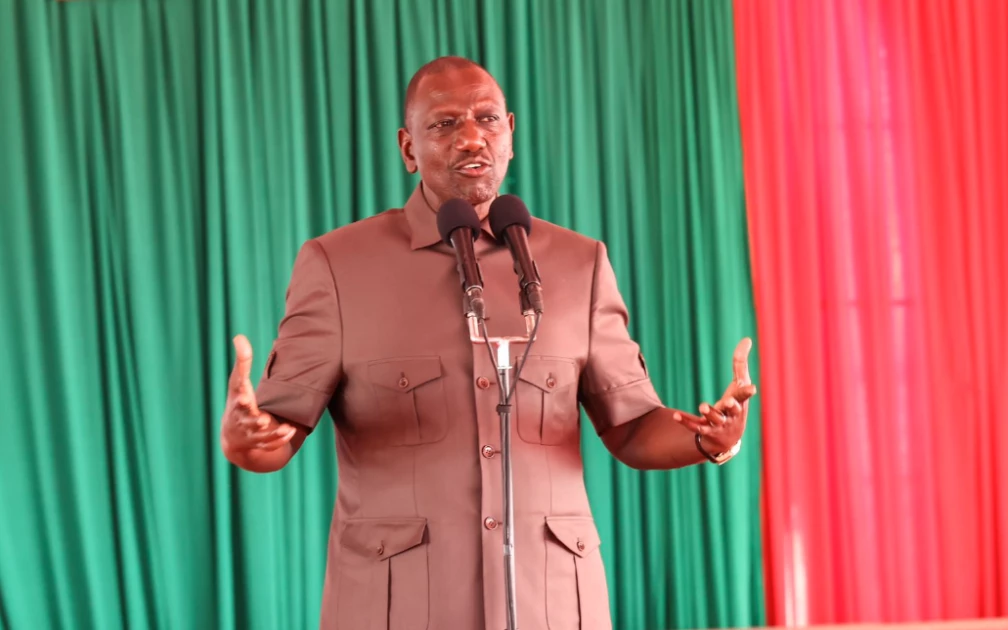President William Ruto has defended the performance of the Social Health Authority (SHA), pledging that it will triple the annual payouts previously made by the now-defunct National Health Insurance Fund (NHIF).
Speaking at State House, Nairobi, during a meeting with county governors, Ruto dismissed claims that SHA has disbursed less than NHIF, terming them “false and misleading.”
“What a fallacy. In a year, the most NHIF ever paid was between Sh22 billion and Sh25 billion. In just 10 months, SHA has paid Sh56.4 billion,” the President said. “By the first anniversary, SHA will have paid three times what NHIF ever did in a year.”
According to Ruto, SHA has already registered 25.2 million Kenyans and contracted over 11,000 healthcare providers nationwide, including hospitals, clinics, and health centres. Since its rollout in October 2024, the Authority has disbursed Sh49.7 billion from the Social Health Insurance Fund and Sh6.7 billion from the Primary Health Fund.
The Head of State credited SHA’s digital system for enhancing transparency and offering more dignified access to healthcare. He urged Kenyans to rely on verified data, saying, “Facts are very stubborn and numbers tell the story more than words can.”
During the event, Ruto launched the National Equipment Support Programme (NESP), which will replace the controversial Managed Equipment Services (MES) programme introduced in 2015. While MES aimed to lease specialised medical equipment to counties, it faced criticism over transparency gaps and inefficiencies.
NESP will instead allow vendors to supply, maintain, and upgrade medical equipment without requiring counties to pay upfront. Payments will be made based on actual services rendered, a model intended to ensure value for money, accountability, and continuous access to essential medical tools.
“The goal is to ensure our county health facilities have continuous, affordable access to essential medical equipment,” Ruto said.
He also praised the role of Community Health Promoters (CHPs) in driving SHA’s implementation, singling out Nairobi County for enrolling over 1.9 million residents. The President called for more Kenyans to register, noting that accurate data is critical for equitable health service delivery.
With SHA and NESP now in motion, the government is banking on digital systems and service-based models to improve Kenya’s healthcare landscape.

